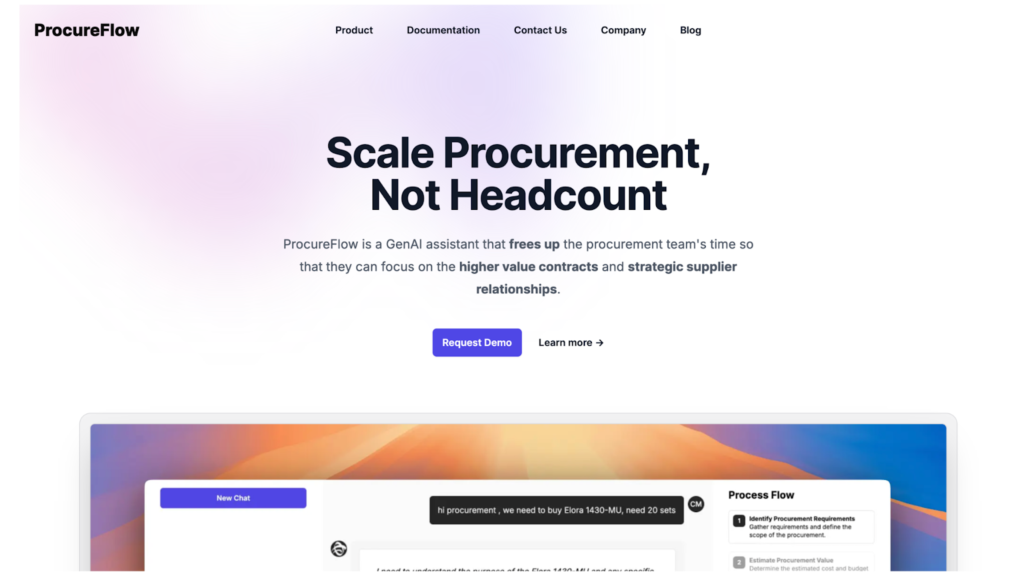For generations, hostile work environments were an unfortunate and often unspoken reality of professional life. Stories of harassment were frequently dismissed, and victims were encouraged to endure the misconduct silently to protect their careers. This culture of complicity allowed toxic behaviors to become deeply embedded within corporate structures. However, a profound shift is underway.
This transformation is characterized by:
- Diminished Societal Tolerance: A significant decrease in the acceptance of hostile behaviors.
- Workplace as a Reckoning Arena: The professional sphere has become a focal point for cultural change regarding harassment.
- Litigation as a Primary Driver: Lawsuits, rather than internal goodwill, are the main force pushing for change.
- Systemic Reform: Harassment lawsuits now compel organizations to fundamentally restructure their internal frameworks.
- Prioritization of Safety and Respect: Companies are forced to build environments that genuinely value employee well-being and dignity.
- Genuine Accountability: Legal pressure ensures that organizations are held responsible for addressing and preventing misconduct.
They apply immense pressure on organizations, forcing them not just to react to individual incidents but to fundamentally rethink and rebuild their internal frameworks to prioritize safety, respect, and genuine accountability. This legal scrutiny is reshaping the modern workplace from the ground up.
The Legal Catalyst: How Lawsuits Force Systemic Change
The filing of a harassment lawsuit initiates a chain reaction that extends far beyond the individuals involved. Faced with the threat of significant financial penalties, reputational damage, and intense public scrutiny, companies are compelled to look inward at the root causes of their cultural failings. Legal actions brought forward by experienced firms like Coffman Law often go beyond monetary compensation, including settlement terms that mandate specific, structural changes to company policy. These legally-binding agreements can force an organization to overhaul its anti-harassment training, implement transparent and anonymous reporting channels, and establish independent oversight committees. This process turns a single legal case into a vehicle for widespread organizational improvement. The persistent efforts of specialized labor lawyers in Columbus, Ohio, and their peers across the nation help establish crucial legal precedents. When one company is forced to reform, others in the same industry take note, proactively strengthening their own policies to avoid similar legal and financial consequences, creating a powerful ripple effect of positive change.
Beyond Harassment: Addressing Retaliation and Wrongful Termination
Beyond Harassment: Addressing Retaliation and Wrongful Termination
One of the most significant barriers to reporting harassment is the pervasive fear of retaliation. For an employee, the risk of losing their job, facing demotion, or being ostracized for speaking out can feel more immediate and threatening than the harassment itself. Recognizing this, accountability frameworks are increasingly focused on protecting whistleblowers. When an employee reports misconduct only to be fired weeks later, their next step is often to seek a wrongful termination lawyer in Columbus, Ohio, to fight for their rights.
Proving retaliation is a complex task, as employers often create pretextual reasons for the termination. An experienced wrongful termination lawyer in Ohio excels at gathering the evidence needed, such as:
- Performance reviews: To show a positive work history before the complaint.
- Emails and other communications: To reveal any direct or indirect threats or hostile interactions following the report.
- Witness testimony: From colleagues who observed changes in treatment or heard relevant conversations.
- Company policies: To demonstrate inconsistencies in how policies were applied.
- Timing: The proximity between the complaint and the adverse employment action.
A skilled Ohio labor attorney understands these interconnected dynamics, ensuring that a case addresses not only the initial harassment but also the subsequent illegal retaliation, sending a clear message that punishing victims is unacceptable.
Expanding Accountability: The Link to Other Workplace Violations
A corporate culture that tolerates harassment rarely suffers from just one ethical blind spot. More often, a lack of respect for employees manifests in multiple forms of exploitation. A manager who feels empowered to create a hostile environment may also feel entitled to manipulate timecards, misclassify employees to avoid paying overtime, or deny legally required breaks. These issues are often symptoms of the same core problem: a systemic failure of accountability. An investigation that begins with one complaint can uncover these deeper issues. For example, an employee who initially contacts a Columbus unpaid wages attorney might describe a workplace so dysfunctional that it enables both financial exploitation and personal misconduct. In these situations, the role of a Columbus unpaid wages lawyer can expand significantly, revealing a pattern of systemic abuse that requires a far more comprehensive legal strategy and compels the company to address its cultural failings on multiple fronts.
The Role of Specialized Legal Advocacy in Empowering Victims
An individual employee standing against a corporation often faces a staggering power imbalance. Companies retain teams of lawyers and possess vast resources, which can intimidate victims into silence.
| Aspect of Challenge | Corporate Advantage | Employee Disadvantage | Role of Specialized Legal Advocacy |
| Power Imbalance | Teams of lawyers, vast resources | Intimidation, lack of legal expertise | Critical equalizer, levels the playing field |
| Case Complexity | Intricate legal frameworks, corporate defenses | Difficulty proving claims, navigating legal procedures | Expertise in gathering evidence, understanding legal nuances |
| Emotional Toll | Detached, strategic legal approach | Sensitive, emotionally charged experience, potential for re-traumatization | Trauma-informed communication, empathetic support |
| Evidence Gathering | Ability to control internal documents, influence witnesses | Limited access to internal records, fear of retaliation among witnesses | Discreet interviewing, strategic evidence collection |
| Advocacy & Voice | Strong corporate representation | Feelings of isolation, being unheard | Empowers the victim’s voice, validates the experience, and builds confidence |
Their work involves not only a deep knowledge of the law but also a profound understanding of the human cost of workplace misconduct. The guidance from a dedicated Ohio sexual harassment attorney does more than just build a legal case; it empowers a victim, validating their experience and providing the confidence needed to pursue justice. This partnership transforms a personal ordeal into a powerful statement that holds institutions accountable.
Conclusion
The landscape of the modern workplace is being fundamentally reshaped, and the catalyst is often the courage of a single employee amplified by the power of the legal system. Harassment lawsuits have proven to be a uniquely effective tool for driving cultural evolution, moving organizations beyond performative gestures toward implementing substantive accountability. By forcing policy reform, protecting employees from retaliation, and exposing interconnected patterns of misconduct, these legal actions create a powerful incentive for companies to build healthier environments.
Ultimately, the objective is not simply to win cases but to foster a world where such cases become rare. The ongoing pursuit of justice in the workplace ensures that the momentum for change continues, paving the way for a future where corporate cultures are built not on power and silence, but on a foundation of safety, equity, and unwavering respect.





